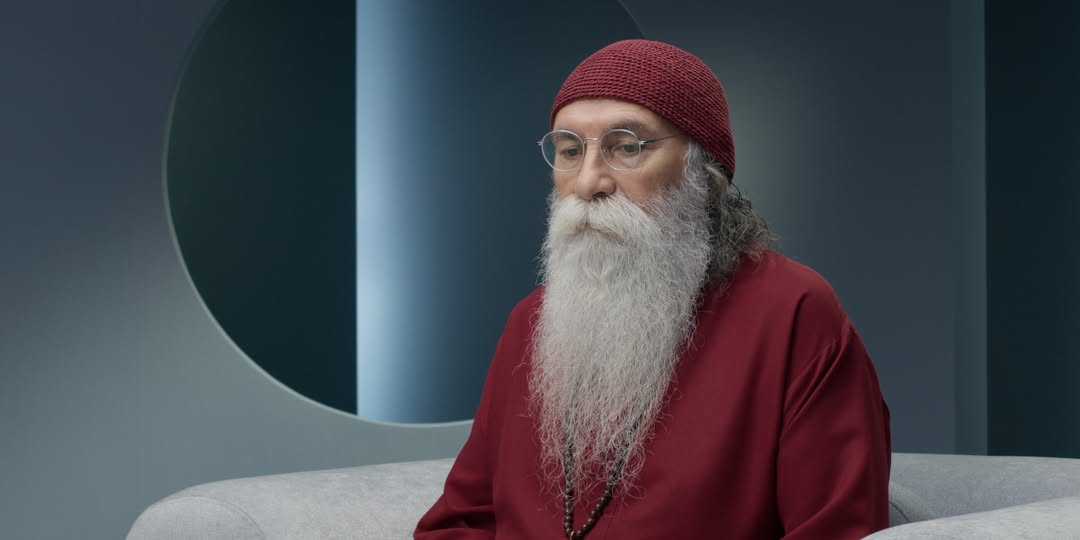“Disappointment is not an anomaly: it is a verification. When someone lets us down, they do not destroy something solid; they undo a construction that we ourselves had inflated. What disappoints us is what we projected, not what was there. We believe we have been betrayed, but often it is we who took for granted what was never promised. Disappointment reveals more than it hurts. And in that revelation there is a possibility of clarity.
Marcus Aurelius, emperor and Stoic philosopher, wrote:
Ὅταν τινὰ κακουργοῦντα ἴδῃς, ἤδη ἐνθυμοῦ ὅτι καὶ σὺ παραπλήσια ἐποίησας· καὶ γὰρ εἰ οὐκ ἐποίησας, ὅμως εἰς τὸ ποιῆσαι ἐτύγχανες ἐπιτηδειότερος.”
“When you see someone behaving badly, remember that you too have done similar things. And if not exactly the same, you were willing to do so.”
This thought comes from Book XI,18 of his Meditations, and encapsulates a fundamental idea: the disappointment we receive is also the disappointment we are capable of causing. The most rigorous Western thinking does not excuse disappointment, but neither does it dramatize it. It teaches us to accept it as an inevitable part of the human condition: fallible, contradictory, incomplete.
And what happens when disappointment does not come from others, but from ourselves? What happens when we discover that our own decisions have caused harm, or contradict what we claim to value?
That is the most demanding disappointment: the self-recognition of an inconsistency that can no longer be denied. What hurts the most is not that we have been let down, but that we have also let ourselves down.
In Romans 7:19, Paul expresses this internal struggle:
οὐ γὰρ ὃ θέλω ποιῶ ἀγαθόν, ἀλλ’ ὃ οὐ θέλω κακὸν τοῦτο πράσσω.
“For I do not do the good I want to do, but the evil I do not want to do, I do.”
This is not an excuse or justification, but an honest portrayal of the fragmentation of the will. To be human is also to experience that distance between what one wants to be and what one actually does.
Eastern thought, particularly in the Zen Buddhist tradition, offers a complementary perspective. The 13th-century master Dōgen wrote:
仏道をならうというは、自己をならうなり。
自己をならうというは、自己をわするるなり。
自己をわするるというは、万法に証せらるるなり。
“To study the way of Buddha is to study oneself. To study oneself is to forget oneself. To forget oneself is to be confirmed by all things.”
This passage from his Shōbōgenzō is not mystical: it is radically practical. Understanding oneself involves recognizing one’s own limits, dismantling the illusory self that demands perfection, and reconciling oneself with inevitable imperfection.
Disappointing others is a constant risk. Disappointing oneself is almost certain. The difference lies in what we do with that imbalance. We can ignore it, justify it, or face it with moral intelligence. Only the latter option allows us to grow in judgment and action. Not to become relentless or hardened, but to live with greater clarity about ourselves and others.
It is not a matter of avoiding disappointment, which is impossible, but of learning to navigate it without denial or resentment. Disappointment, when properly accepted, can become a form of discernment. Not to look at things with cynicism, or to stop trusting, but to trust with precision. Not to avoid connection, but to accept it without excessive illusions. Because only those who see clearly can relate freely.”
Prabhuji




